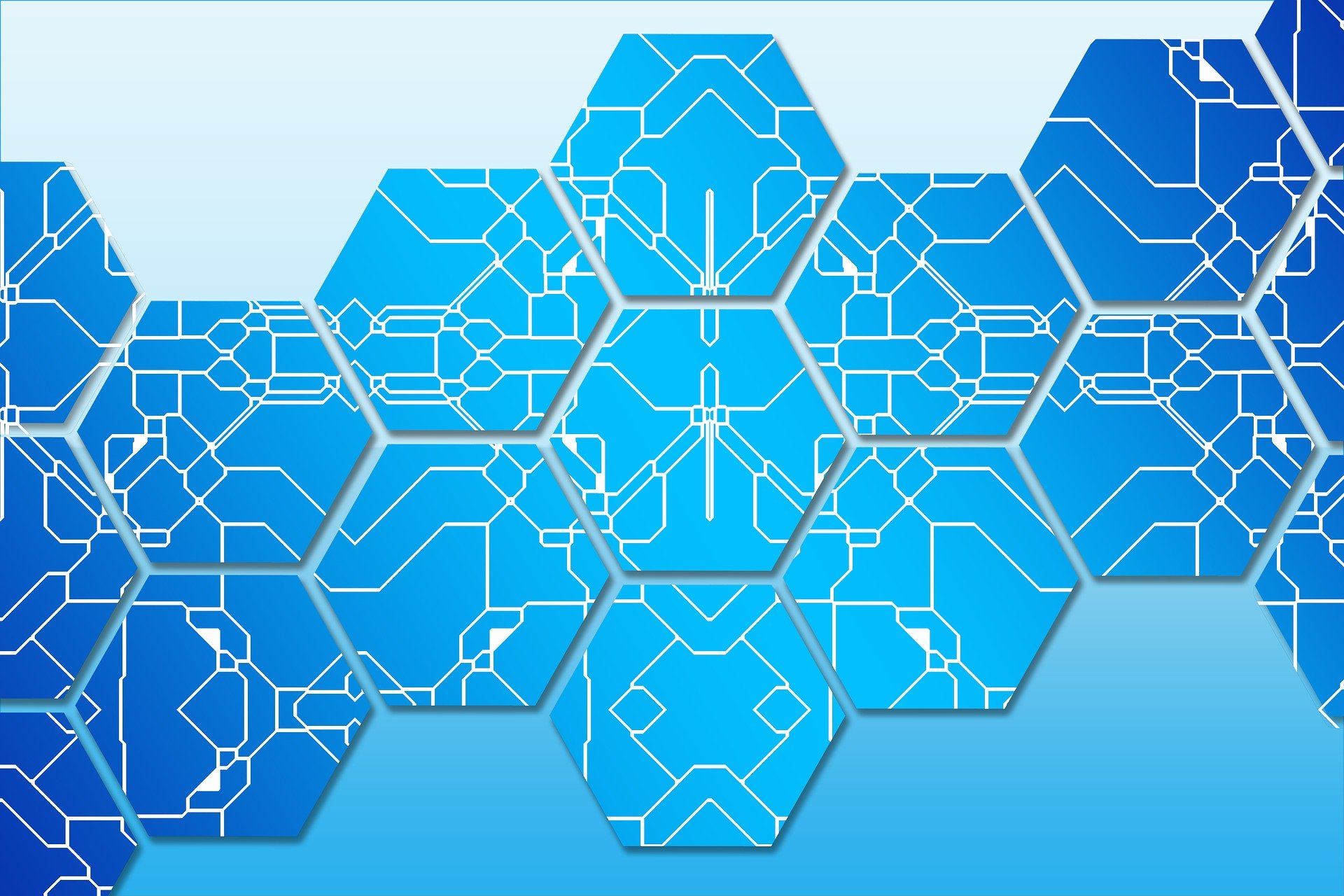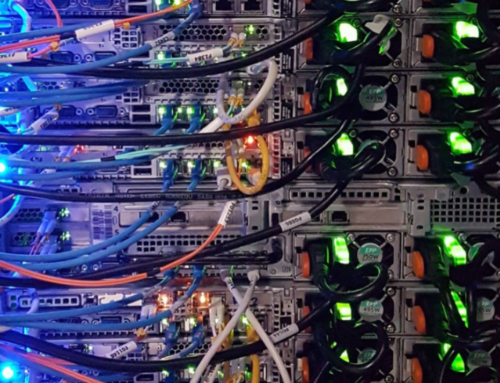A data center is a centralized location with computer and networking equipment that is used to collect, store, process, distribute, and allow access to large amounts of data. Data centers have been around since the introduction of the earliest computers.
While the first data centers might have had only one gigantic super computer, today’s data centers can consist of thousands of small, yet powerful servers that run 24 hours a day, seven days a week. A data center could be housed in a room, its own building, or in a group of buildings where they are connected to communication networks to be accessed remotely.
Elements of Data Centers
Data centers generally consist of a facility that is designed for optimizing space, high-energy use, and environmental controls to keep equipment safe from overheating and humidity.
They also include a support infrastructure to secure continuous and reliable uptime, including:
- Physical security systems to prevent unauthorized access to equipment
- Uninterruptible power sources
- IT equipment, including servers, storage, racks, and firewalls
- Operation staff for monitoring and maintaining equipment with 24/7 access
Why Are Data Centers Needed?
As computer hardware continues to shrink in size, the demand for driven the need for data, storage space, and increased processing has grown. In the age of IoT and cloud computing, data is not always stored locally. Instead, it is stored on physical drives in data centers and accessed remotely by users.
Who Uses Data Centers?
Organizations require access to fast and reliable data to provide vital service. They need to maintain satisfaction and revenue from customers benefit from the use of data centers. These types of facilities are used by:
- Financial institutions
- Government agencies
- Telecommunication companies
- Large and small retailers
- Educational bodies
- Online search engines, including Google
- Social networking services, including Facebook
Does your business need a data center? LDP Associates specializes in designing and building data centers that meet 21st century needs. Contact us today to get started.






